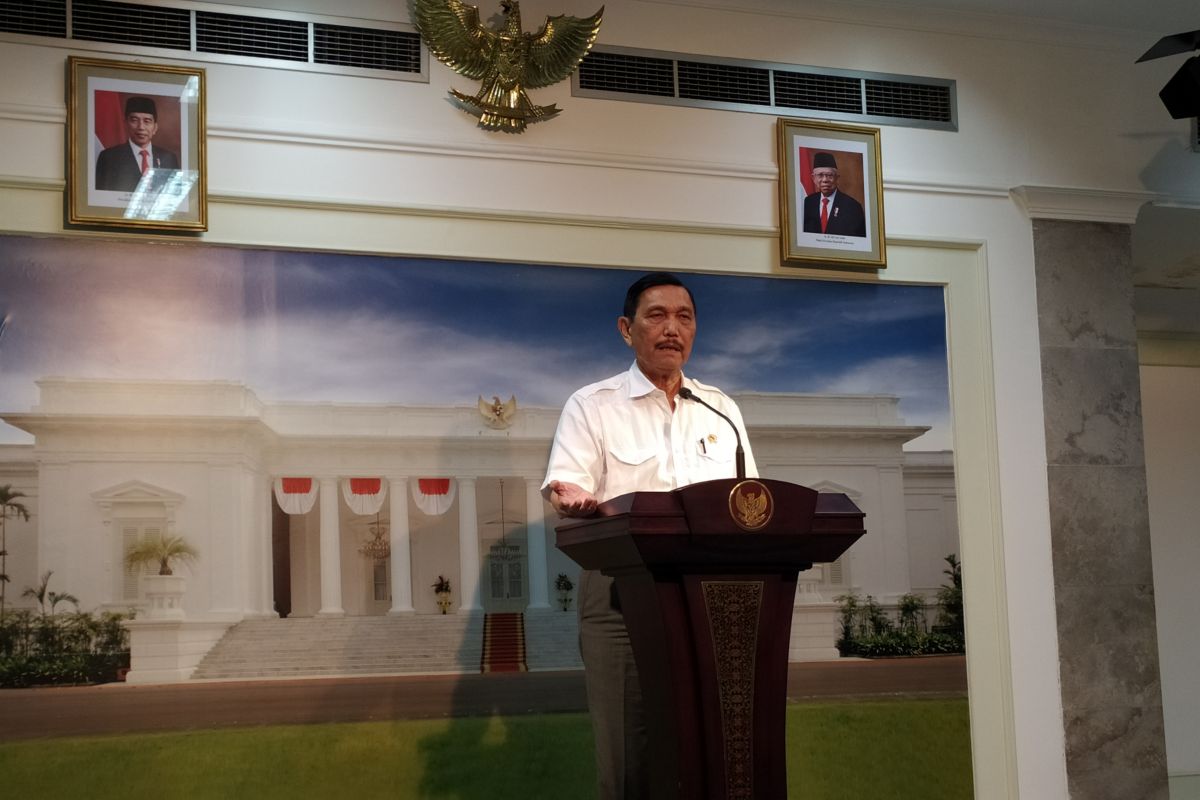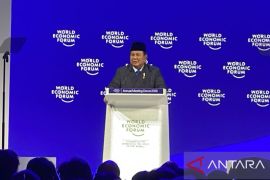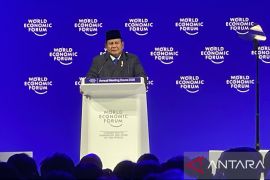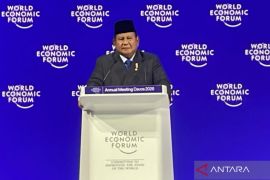Coordinating Maritime Affairs and Investment Minister Luhut Binsar Panjaitan notified journalists of the government’s decision during a video conference after participating in a virtual meeting, chaired by President Joko Widodo, in Jakarta on Thursday.
"Mudik" refers to the annual exodus of citizens to their hometowns to celebrate Idul Fitri (Eid Al-Fitr) with their extended families and colleagues.
Panjaitan remarked that the government's official stance on mudik did not pertain to banning it. In its place, the government, along with community figures, appealed to the people at large to not return to their hometowns for ensuring safety of all.
The minister highlighted the government’s keenness to build common awareness among members of the public of the importance of not returning to their hometowns this year as they could be likely carriers of the coronavirus disease.
"If you are a carrier of the disease to your hometowns, and your relatives die of the virus, then this is what we do not want to take place," Panjaitan, concurrently the acting transportation minister, stated.
Related news: Govt readies scenarios to prevent public from embarking on "mudik"
Related news: COVID-19: Citizens asked to scrap 'mudik' plans
The government is striving to ensure that those using means of public transportation should adhere to the healthcare protocols on COVID-19 preventive measures, including that on the implementation of recommended physical distancing, he expounded.
People keen on returning to their hometowns during the Idul Fitri "mudik" season this year must be quarantined for 14 days and must undergo health examination in their hometowns.
To this end, the central and regional governments are coordinating to ensure that the returnees are quarantined and medically examined as part of the collective endeavors to stop the increase of contagion areas, he stated.
On March 27, the Indonesian government's spokesperson for handling COVID-19, Achmad Yurianto, had highlighted the importance of not returning to hometowns during the "mudik" season to avoid the risk of spreading the contagion to more areas.
Yurianto pointed to the risk being much higher due to close contact between travelers, especially among those using means of public transportation that are crowded.
This year, the Idul Fitri holidays will fall on May 24-25. The Muslim festivity marks the end of the holy month of Ramadhan, when Muslims around the world go on a fast.
For millions of Indonesian Muslims, including those living in Jakarta and its outskirts, returning to their hometowns in the islands of Java and Sumatra during the "mudik" (exodus) period has become an annual tradition.
Related news: COVID-19: Indonesians urged to delay annual tradition of 'mudik'
Translator: Desca LN, Rahmad Nasution
Editor: Yuni Arisandy Sinaga
Copyright © ANTARA 2020












